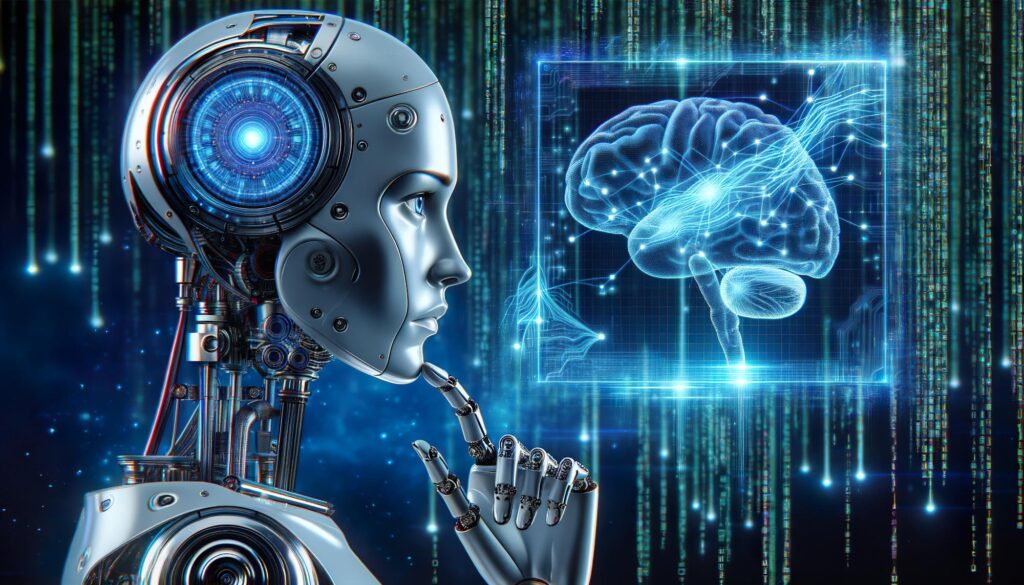Artificial Intelligence (AI) has long been a topic of discussion in science fiction, but in recent years, it has become an integral part of our everyday lives.
From voice assistants to personalized recommendations, AI is transforming the way we interact with technology. As AI continues to evolve, it is reshaping various industries, offering new opportunities, and raising important questions about the future.
One of the most noticeable ways AI is impacting daily life is through smart devices. Virtual assistants like Amazon’s Alexa, Google Assistant, and Apple’s Siri have become household staples.
These AI-driven tools help us manage tasks, set reminders, control smart home devices, and even provide entertainment with a simple voice command. As these systems grow more sophisticated, they are becoming better at understanding and anticipating our needs.
AI is also revolutionizing the healthcare industry. From diagnostic tools that can analyze medical images with remarkable accuracy to AI-driven drug discovery, technology is streamlining processes and improving patient outcomes.
Machine learning algorithms are helping doctors make more accurate diagnoses, and AI-powered robots are even assisting in surgery.
The potential for AI to enhance healthcare is vast, offering solutions that could save lives and improve the quality of care.
In the business world, AI is being leveraged to enhance efficiency and decision-making.
Automated systems can analyze large amounts of data to provide insights, forecast trends, and optimize operations.
AI is also playing a key role in customer service, with chatbots and virtual assistants offering real-time support to customers 24/7. For businesses, this means increased productivity, lower operational costs, and the ability to offer better, more personalized experiences for customers.
While the benefits of AI are numerous, there are also important ethical considerations.
As AI becomes more advanced, questions around data privacy, bias in algorithms, and the potential for job displacement arise. It’s crucial for policymakers, developers, and society to collaborate in creating guidelines that ensure AI is developed and used responsibly.
The future of AI is exciting, with innovations on the horizon that could continue to change the way we live and work. From self-driving cars to AI-powered education, the possibilities are limitless.
However, as AI technology progresses, it will be essential to balance progress with ethics to ensure it benefits society as a whole.
AI is no longer a futuristic concept; it’s a reality that’s already shaping our world. How we embrace and manage this technology will determine the kind of future we build.


